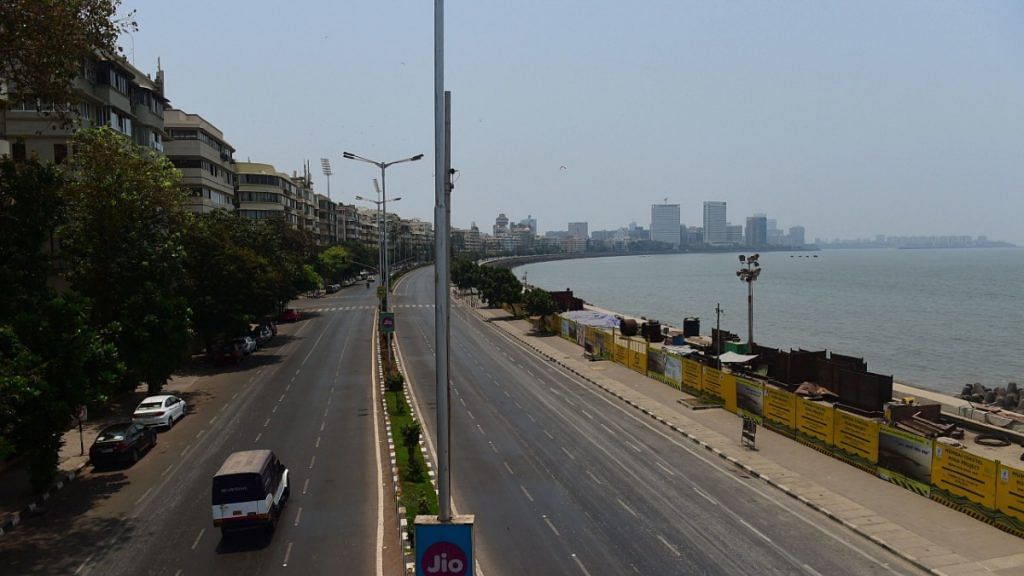Among the first things that the government did after announcing the complete lockdown a month ago was to ask employers (however badly their operations may have been affected) to make sure their employees were paid in full. Since then, the steady drip of news on salary payments has made for unexpected reading. Half a dozen state governments have announced cuts in employee salaries or deferments in payment. Even Communist-ruled Kerala, having earned universal kudos for its fight to control Covid-19, has announced what amounts to a 20 per cent pay cut for the next five months.
The Centre on its part announced, when Parliament was in recess, a 30 per cent pay cut for members of both Houses (and, more significant financially, a suspension of local area development schemes that MPs decide on). Now it has announced a freeze on dearness allowance increases for its staff, even as employees have made non-voluntary contributions to the PM-CARES fund. The situation in public-sector companies is no different. Air India, for instance, has cut allowances and is reported to be considering a pay cut as well. Ironically, IndiGo has rolled back a pay cut in accordance with “government wishes”.
Also read:What’s common to the lockdown and demonetisation? Modi govt’s lack of planning
Time was when such pay cuts were a complete no-no in Socialist India. Trade unions would not hear of them, even if employer-companies were going bust (and many did, like the textile mills of Mumbai and engineering units in West Bengal). Undeterred, government-appointed wage boards would mandate outsize wage hikes in traditional industries. Labour courts did not allow the economics of an enterprise to enter their frame of reference, though a parliamentary committee has just done that and recommended non-payment of salaries during “natural calamities”, as provided for in a new labour code that no one may have read carefully. Still, government and public-sector jobs were considered safe; both pay and pensions were assured. Not any longer, it seems.
This protected world of assured jobs, wages, and pensions (spelling a modest if secure existence) related to just a sixth of the workforce. The rest were in the informal sector, where it was a free-for-all and you were lucky to even get a proper letter of employment. While the term “labour aristocracy” overstates the case, there were signs that the dichotomy was becoming intolerable; Covid-19 has simply hastened the denouement. To add to the irrationality, the “A” category officers who carry the load of government decision-making are paid less than market, while the proles who are the “C” category workers are paid twice or three times what they would get in the labour market. Loaders in the Food Corporation have got paid more than its chairman and managing director. It couldn’t last and there came a time when employees in the two government-owned telecom companies weren’t paid for months. Now an astonishing 75 per cent of them have decided it is wiser to opt for a voluntary retirement scheme. So much for a secure future in the public sector.
Meanwhile, pension liabilities grew rapidly because of greater longevity, inflation-adjustment, and generous Pay Commission hand-outs, not to mention the one-rank-one-pension decision by the Narendra Modi government in its early days, fulfilling an election promise and sending defence pensions soaring. For the army, as a result, the pension bill has overtaken the pay bill. For the railways, the bill for pay and pensions (including productivity-linked bonuses for an organisation with static revenue) has risen to two-thirds of all costs. For the defence forces, it has climbed to nearly 60 per cent, even as the government is forced to freeze weapon purchases for lack of money.
Such irrationality has to unravel when confronted by the reality of an economy in turmoil. But the smaller shoe that we now have to wear will pinch in different ways. State governments that can’t pay salaries may soon be asked to pay in advance for the electricity they want to buy (unpaid bills have been killing the sector). Delhi’s municipal corporations are months behind on paying salaries, but have not even adjusted property taxes against inflation for 15 years. If Covid-19 helps restore some rationality in these and other areas, its legacy may not be entirely destructive.
By Special Arrangement with Business Standard
Also read: 3 critical steps Modi govt must take to protect people and economy during Covid-19 lockdown
